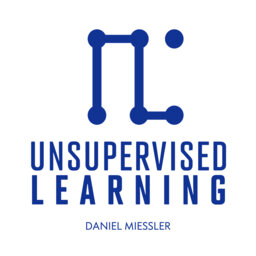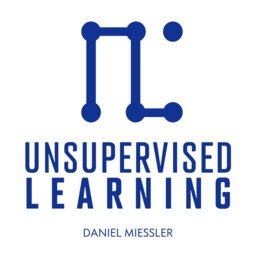Unsupervised Learning: No. 187
Lots of people in the security community went silly over the FaceApp application last week, basically saying that you shouldn't be using the application because they'll steal your face and then be able to impersonate you. Oh, and then it turned out to be a Russian company who put out the application, and that made it 100x worse. The problem here is the lack of Threat Model Thinking. When it comes to election security, propaganda discussions, etc., I am quite concerned about Putin's willingness and ability to harm our country's cohesion through memes and social media. But that does not extend to some random company stealing faces. Why? Because before you can get legitimately concerned about something, you have to be able to describe a threat scenario in which that thing becomes dangerous. As I talked about in this piece, pictures of your face are not the same as your face when it comes to biometric authentication. There's a reason companies need a specific device, combined with their custom algorithm, in order to enroll you in a facial identification system. They scan you in a very specific way and then store your data (which is just a representation, not your actual face) in a very specific way. Then they need to use that same exact system to scan you again, so they can compare the two representations to each other. That isn't happening with random apps that have pictures of you. And even if that were the case, they could just get your face off your social media, where those same people who are worried are more than happy to take selfies, put their pictures on profile pictures, and make sure as many people see them as possible. There are actual negative things that can be done with images (like making Deepfakes of you), and that will get easier over time, but the defense for that is to have zero pictures of you…anywhere. And once again you have to ask who would be doing that to you, and why. Bottom line: authentication systems take special effort to try to ensure that the input given is the same as the enrollment item, e.g., (face, fingerprint, etc.), so it will not be easy any time soon to go from a random picture to something that can full a face scanner or fingerprint reader at the airport. People reading this probably already know this, but spread the word: threat modeling is one of our best tools for removing emotion from risk management.
A contractor named SyTech that does work with Russian FSB has been breached, resulting in the release of 7.5TB of data on the FSB's various projects. This is obviously embarrassing for SyTech and the FSB, but the leaked projects focused on de-anonymization, spying on Russian businesses, and the project to break Russia away from the Internet, which are all known and expected efforts. So there don't seem to be any big reveals as a result of the leak. More
Someone discovered that a bunch of browser extensions were reading things they shouldn't be, and sending them out to places they shouldn't be. This is not surprising to me. Chrome extensions are like Android apps, which should tell you all you need to know about installing random ones that seem interesting. My policy on browser extensions is extremely strict for this reason. People need to understand how insane the entire idea of the modern web is. We're visiting URLs that are executing code on our machines. And not just code from that website, but code from thousands of other websites in an average browsing session. It's a garbage fire. And the only defense really is to question how much you trust your browser, your operating system, and the original site you're visiting. But even then you're still exposing yourself to significant and continuously-evolving risk when you run around clicking things online. And the worst possible thing you can do in this situation is install more functionality, which gives more parties, more access, to that giant stack of assumptions you're making just by using a web browser. The best possible stance is to have as few people possible with access to your particular dumpster. And that means installing as few highly-vetted add-ons as possible. More
 Unsupervised Learning
Unsupervised Learning


